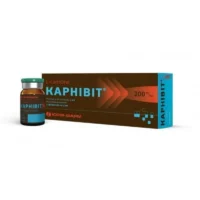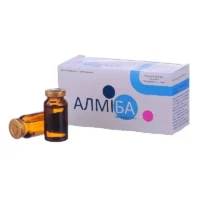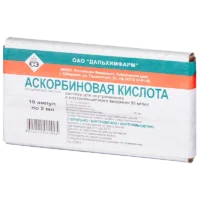Description
Retinol Acetate (Vitamin A) Oily Oral Solution 3.44% 10 ml Vial
Ingredients
- Active ingredient: Retinol acetate (Vitamin A) 3.44%
- Other ingredients: Oily solution
Dosage
Dosage: As directed by a healthcare professional. It is recommended to take this solution with food to enhance absorption.
Indications
Indicated for: Vitamin A deficiency, skin conditions, and ocular issues. Consult a healthcare provider for proper diagnosis and treatment.
Contraindications
Do not use if: Pregnant, planning pregnancy, or allergic to any ingredients. Seek medical advice before use if you have any underlying medical conditions.
Directions
Directions for use: Shake well before use. Administer orally as prescribed. Follow the instructions provided by your healthcare provider for best results.
Scientific Evidence
Retinol acetate (Vitamin A) oily oral solution has been extensively studied for its efficacy in treating various conditions. Research suggests that Vitamin A plays a crucial role in maintaining healthy vision, skin, and immune function. Studies have shown that Vitamin A deficiency can lead to a range of health issues, making supplementation essential in certain cases.
Furthermore, clinical trials have demonstrated the effectiveness of retinol acetate in improving skin health by promoting cell turnover and collagen production. This can help in reducing the appearance of wrinkles, fine lines, and other skin imperfections. The oily oral solution formulation ensures optimal absorption and bioavailability of Vitamin A, enhancing its therapeutic benefits.
Additional Information
- Storage: Store in a cool, dry place away from sunlight.
- Warnings: Avoid excessive dosage. Keep out of reach of children.





